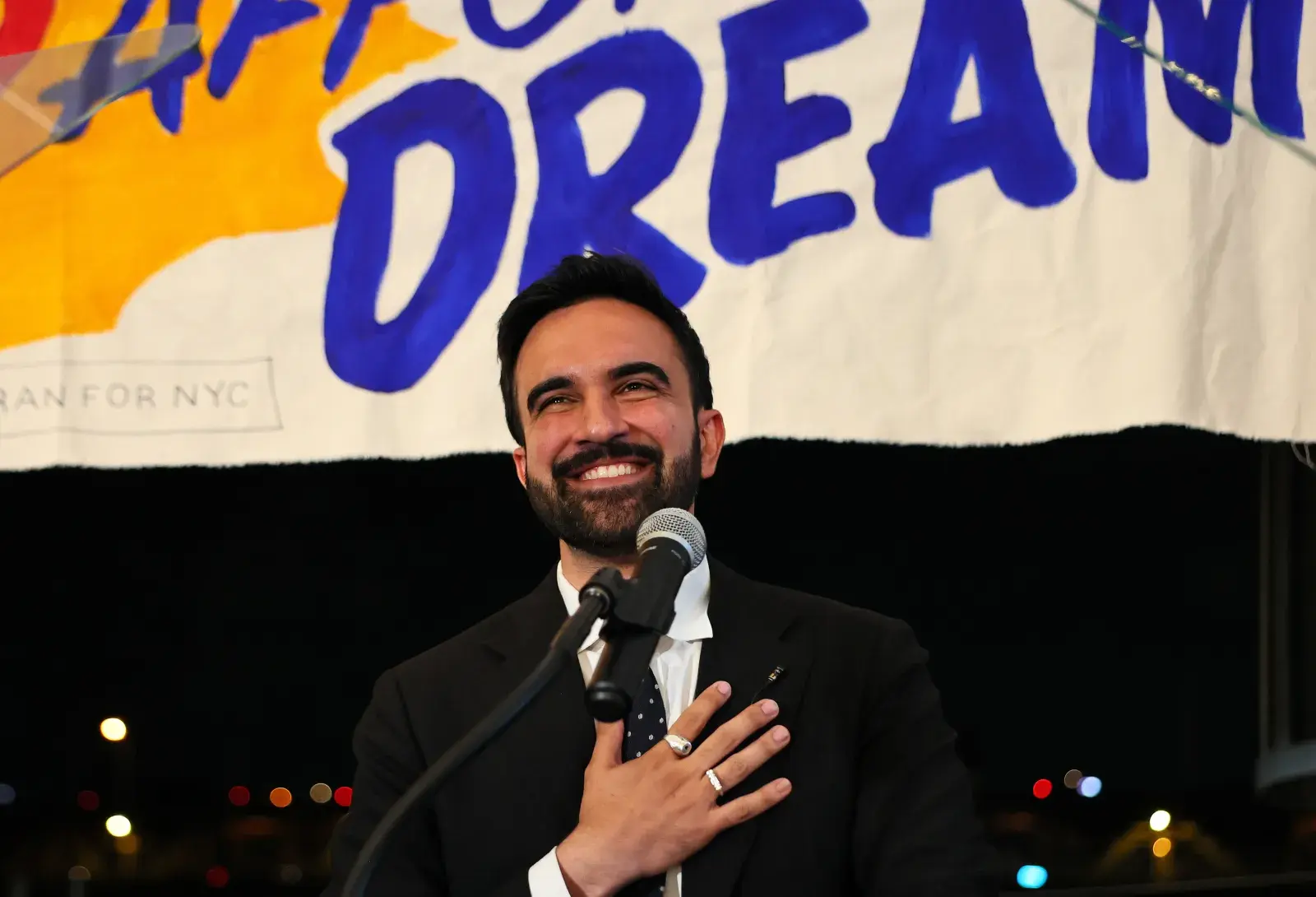National Audubon Society CEO Elizabeth Gray said that one of the biggest challenges in her three decades of conservation work has been monitoring and measuring the effectiveness of efforts to protect species and their habitats.
A new project supported by an award from the Bezos Earth Fund uses artificial intelligence and remote monitoring to listen in on some of those protected species.
“We're going to be putting remote sensors into newly protected areas, they will be recording by using bioacoustics to record birdsong,” Gray told Newsweek. “We can actually use these data to monitor biodiversity to ultimately monitor how successful we are in improving reserve management.”
Audubon is one of the fifteen winners announced Thursday by the Bezos Earth Fund sharing $30 million in awards from the AI for Climate and Nature Grand Challenge. As concerns mount about the environmental impacts of AI data centers, the Bezos awards aims to scale up AI solutions to climate change, biodiversity loss and food insecurity.
“We’re focused on making AI work for the environment—not the other way around,” Amen Ra Mashariki, director of AI at the Bezos Earth Fund said in a statement. “These projects show how AI, when developed responsibly and guided by science, can strengthen environmental action, support communities, and ensure its overall impact on the planet is net positive.”
The winning projects use AI for a range of conservation measures, including ways to help automate plant species identification, curb illegal fishing, map deep-sea habitat and reduce methane emissions from livestock.
Two awards, including the Audubon project, apply AI to the conservation of habitat important for birds.
Gray said that Audubon and its partners will apply remote sensing technology to areas in Latin America that are part of Conserva Aves, a program that will ultimately protect about 100 areas with important habitats. Gray said the project also leverages one of Audubon’s historic strengths, community science.
“We're engaging local communities who are the ultimate stewards of these protected areas of Latin America,” she said. “They are going to be helping us collect the data from these remote sensing devices.”
The combination of technology and community promises to be a game-changer, she said.
“I truly believe this is going to be transformative, frankly, not just for Audubon, but for the field of conservation as a whole,” Gray said.
Holger Klinck directs the Center for Conservation Bioacoustics at the Cornell Lab of Ornithology, another Bezos Earth Fund awardee. The Cornell lab will use the grant for two projects in Latin America using remote acoustic monitoring. One involves placing 1,000 listening devices across the Pantanal of Brazil, the world’s largest wetlands.
Klinck said AI will help to automate the analysis of the massive amount of data gathered.
“Even within a year we would have a thousand years to listen to, you really can't do that,” Klinck told Newsweek. “So, the AI helps us to get actionable data out of these complex landscapes in very short time periods.”
The Cornell lab’s other project, in Guatemala, will use AI and acoustic monitoring as a sort of automated forest ranger to help land managers detect illegal logging or poaching in protected areas.
“Instantaneously you capture the signals such as gunshots and chainsaws and then this information will be sent more or less in near real time to the decision makers,” Klinck said.

To make the project compatible with existing computer infrastructure in the region, the project will also make use of what’s known as edge AI. With edge AI, small models specifically designed for the task at hand can operate on the remote device, rather than relying on a larger model at a centralized data center.
Edge AI is easier to deploy and use in remote settings and requires far less energy than the large language models and generative AI tools that are driving much of the growth in data centers.
The astronomical energy demand for data centers has raised environmental concerns about AI as tech companies draw more electricity and drive up emissions from fossil fuel generation.
AI presents a paradox: it is already empowering greater conservation, but its own power demands present a threat to our climate, clean air and water.
“The entire field of conservation is filled with trade-offs,” Gray said. “We try to be very strategic about those trade-offs, and we try to mitigate the environmental impacts.” She said Audubon is committed to accelerating clean energy to meet AI’s power demands.
Mashariki of Bezos Earth Fund was among the panelists for a Newsweek event last year that addressed the environment trade-offs with AI, titled “AI: Climate Hero or Climate Villain?”
Mashariki took a philosophical approach to the question.
"What I'm going to say is, 'I'm very familiar with the hero's journey,'" he told Newsweek at the time.
In the classic hero’s journey story arc, a character faces challenges and a reckoning before emerging changed and heroic. AI, he said, is on a similar path.
"Ultimately, the answer is hero, but we are most certainly on that hero's journey," he said. "All of us—from government to philanthropy, private sector, media—all have to be a part of that journey."





















